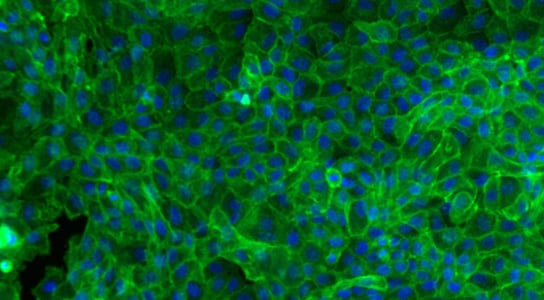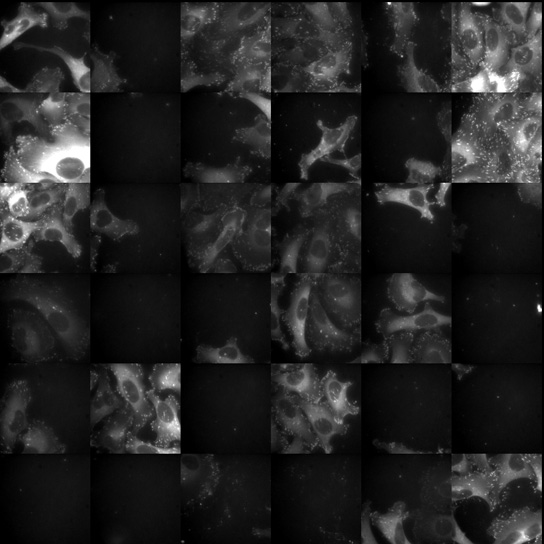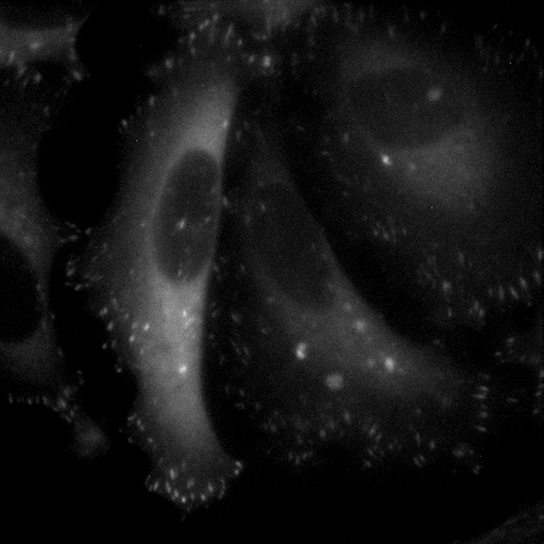
Scientists have confirmed that certain variations in the PRKCA gene are associated with the diagnosis of PTSD in certain patients.
Scientists at the University of Basel in Switzerland were able to analyze the genetic sequences of the PRKCA gene in over 700 healthy young volunteers. This gene is one of many that have been known to be involved in the formation of emotional memories. It encodes an enzyme called protein kinase C-α. They were able to confirm that some of the variations in the PRKCA were linked to the diagnosis of PTSD in some patients. The researchers published their findings in the journal Proceedings of the National Academy of Sciences.
Dominque de Quervain and his team showed the participants a series of emotionally affecting photographs. Shortly after, they were asked to write down descriptions of the images. Participants who carried two copies of one variant within the PRKCA gene, which was dubbed the A allele, remembered the most details. Carrying two copies of the other variant, the G allele, meant that those participants remembered the least.

Then, 394 additional participants were asked to do the same task, while their brains underwent scanning. This confirmed that the PRKCA variations are linked to the brain’s capacity for emotional memory.
The brain scans showed that the A allele was associated with increased activity in the later and medial prefrontal cortex, regions that are linked to the encoding of emotional memories. The A allele was significantly over-represented in participants diagnosed with PTSD. Carriers of this allele had a 2-fold increase in risk for PTSD.
Finally, the researchers examined the distribution of the A allele in a group of 347 survivors of the 1994 Rwandan genocide that had fled the civil war. All had experienced traumatic events, but only 134 had been diagnosed with PTSD.

Memory has an important role in PTSD because traumatic memories are one of its core features, but it’s hard to tell that a predisposition for stronger memory could entail developing the condition.
The A allele is much more common in people of European than African descent, but it has yet to be shown how this variation leads to differences in brain activity during the actual encoding of emotional memory. Larger scale genomic studies might uncover more genetic variants associated with an increased risk of PTSD.
Reference: “PKCα is genetically linked to memory capacity in healthy subjects and to risk for posttraumatic stress disorder in genocide survivors” by Dominique J.-F. de Quervain [email protected], Iris-Tatjana Kolassa, Sandra Ackermann, Amanda Aerni, Peter Boesiger, Philippe Demougin, Thomas Elbert, Verena Ertl, Leo Gschwind, Nils Hadziselimovic, Edveena Hanser, Angela Heck, Petra Hieber, Kim-Dung Huynh, Markus Klarhöfer, Roger Luechinger, Björn Rasch, Klaus Scheffler, Klara Spalek, Christoph Stippich, Christian Vogler, Vanja Vukojevic, Attila Stetak and Andreas Papassotiropoulos, 14 May 2012, Proceedings of the National Academy of Sciences.
DOI: 10.1073/pnas.1200857109









Be the first to comment on "PRKCA Gene Links to Post-Traumatic Stress Disorder and Emotional Memory Formation"